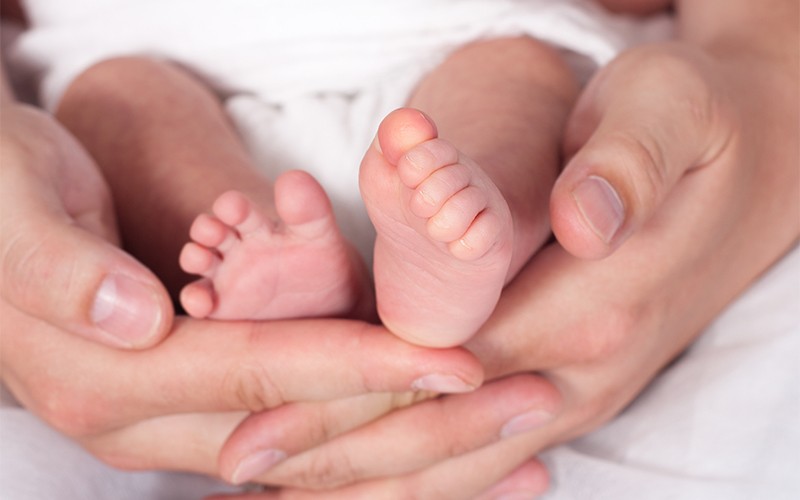Children of heart: doubts about adopting a child
Adoption is a generous act of love on the part of those who are prepared to take in a child who needs care and protection. There are some concerns though as to the choice of the child, their genetic background, family medical history, and how easily they will get along with the new family. These issues need to be addressed before the parents make such an important decision.

Learn how the Ecumenical Spirituality contributes significantly to this debate through the explanations of the Minister-Preacher of the Religion of God, of the Christ, and of the Holy Spirit1, Paula Suelí, in an interview with the Super Good Will Communications Network:
Before adopting should we worry about what the child might have inherited from their biological parents?
Paula Suelí — No, we shouldn’t. This might worry us, like genetic traits or cases in which the mother took drugs during her pregnancy so the child would suffer serious consequences; these are difficult circumstances to deal with, but they should never be obstacles, because they can be overcome when we seek Divine Protection. Under this protection we can figure out what practical measures need to be taken, like providing the child with appropriate medical care and education. We must have in mind that the education we give the child from the cradle and throughout their life determines their attitudes and posture in the future. Rather than being a reflection of their biological parents, the child will be a reflection of the adopted parents who brought them up and educated them. How can we find the strength to face some hardships? The President-Preacher of the Religion of God, of the Christ, and of the Holy Spirit, Paiva Netto, states in his article “The Power of Prayer” that,
“In times of difficulty, when there seems to be no way out of some matters, I turn to prayer and gain strength to work. I don’t recall ever regretting to follow the lemma of venerable Saint Benedict (480-574): ‘Ora et labora.’”
“Pray and watch” was what Jesus, the Ecumenical Christ, the Divine Statesman, taught us. So we must do our part. We always have God’s protection and we can overcome all the challenges. The Divine Love, imprinted on the souls of mothers and fathers, whether they are biological or adoptive, is the love that can solve anything.
How can parents deal with the biological differences and the reaction of society?
Paula Suelí — We need to strengthen our education so children don’t suffer prejudice. We live in a society that is still very prejudiced. It’s natural for there to be great differences between parents and biological children, and even more so in families with adopted children. That’s why we need to talk to them naturally about differences and praise their beauty. When we live with these differences we learn to value them, because everybody matters. Therefore, it’s important to teach them from an early age that what makes things more beautiful is the way we look at them. Who taught us this was Jesus in His Gospel according to Matthew 6:22: “The eye is the lamp of the body. If your eyes are healthy, your whole body will be full of light.”
That being said, we must learn first and teach children to see beauty, to perceive how good it is, how attractive it is that we’re all different, because this makes us learn new things. This makes us understand the world in different ways, because our abilities, vocations, and affinities are also different. If the child doesn’t learn how to deal with this early on they might not just suffer prejudice, but become prejudiced and we don’t want this for anyone, particularly for our own children! It’s very important to know how to value everyone. This is the spirit of Ecumenism2 that the Religion of God, of the Christ, and of the Holy Spirit teaches us, which is not restricted to religions: it’s loving every single aspect and loving the good that exists in all individuals.
If you have any question and/or comment about this and other topics, send them to the Religion of God, of the Christ, and of the Holy Spirit. Let the Ecumenical Spirituality become a part of your life! And if you felt good reading this article, share it! It might touch the heart of other people too.
_________________
1 Religion of God, of the Christ, and of the Holy Spirit — also called the Religion of the New Commandment of Jesus, the Religion of the Third Millennium, and the Religion of Universal Love. This is the Ecumenical Religion of Brazil and the world.
2Ecumenism — Read about it in the article by writer Paiva Netto “The four pillars of Ecumenism.”



